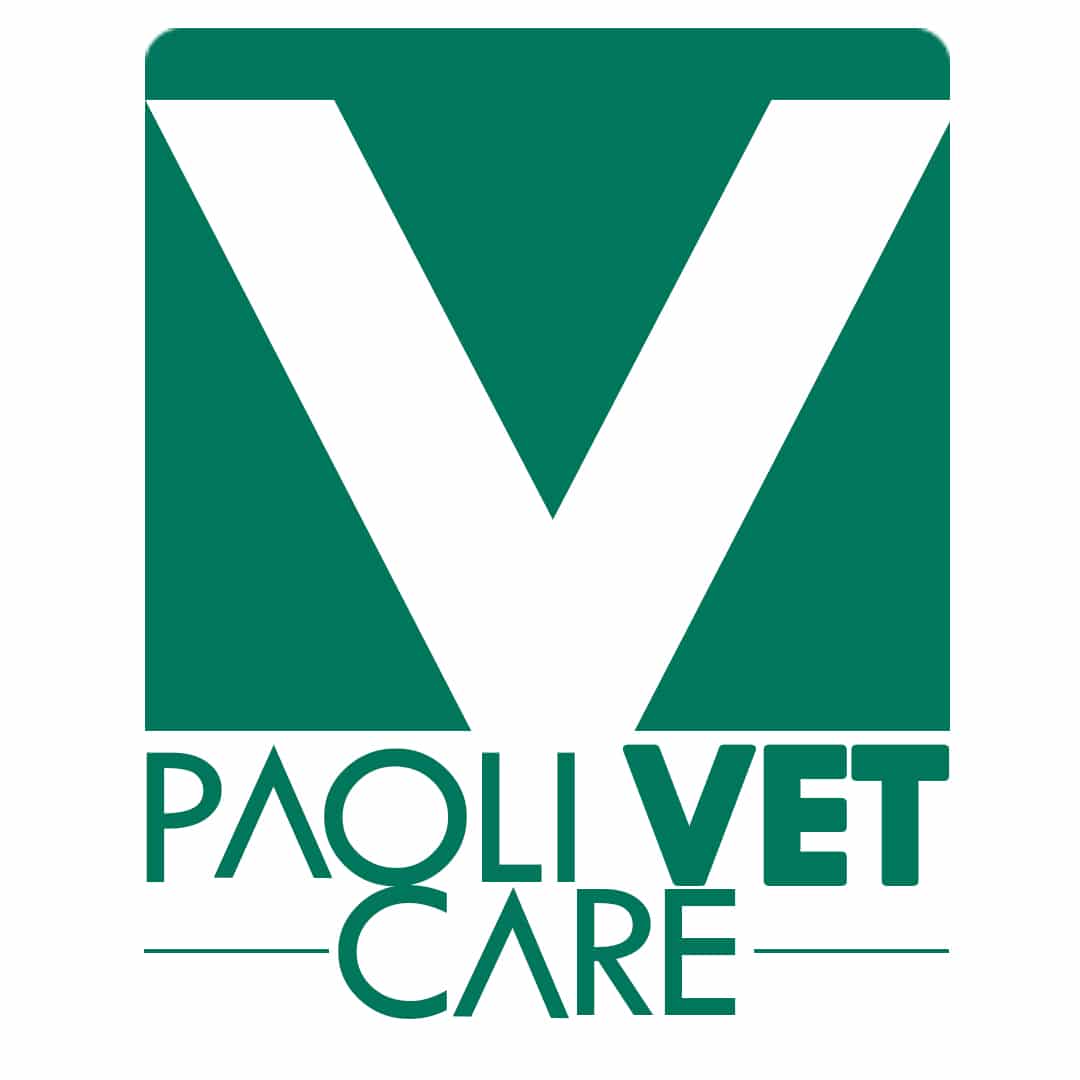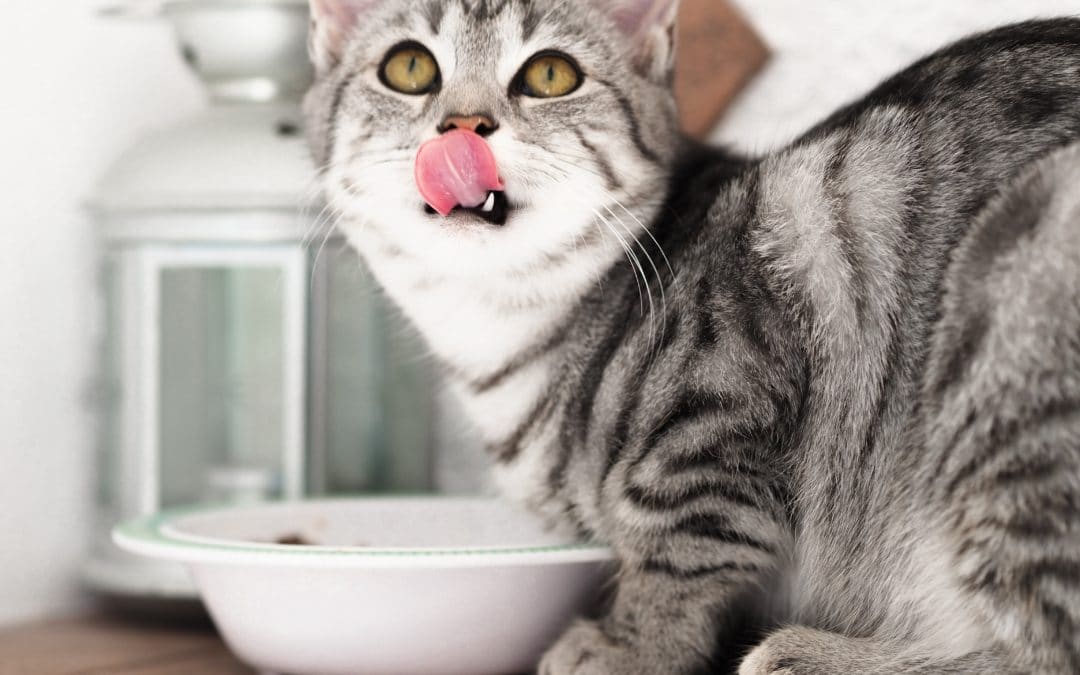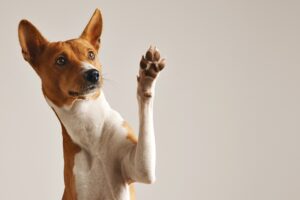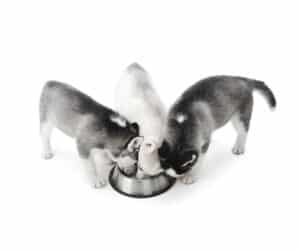Have you ever wondered how often you should wash your pet’s food and water dishes? The answer may surprise you. You should wash your pet’s dishes after every single use, just as you would do for your own dishes.
Most pet parents that ask us this question say that they’re okay with rinsing it under hot water and getting grime off of the bowl but we can tell you that is just not enough. With that being said, please do use soap to get your pet’s bowls as fresh and clean as possible.
In addition to hand washing, we recommend running them through the dishwasher whenever you get a chance. Typically, dishwashers run in the range of 130-170 degrees Fahrenheit, enough to kill the nasty grime living in your pet’s bowls. We promise your pets will appreciate the extra work you’ve put in to give them a fresh bowl to eat or drink out of.
Want to cut back on even more bacteria living in your pet’s bowls? Stick to materials that are not plastic, as they not susceptible to harboring bacteria like plastic does. Our pets are family, and they deserve the same cleanliness that we require of our dishes on a daily basis. The three minutes of hard washing every day will keep your pet much happier and healthier in the long run.
The Dirty Truth
At Paoli Vetcare, we believe that your pet deserves the very best. When washing your pet’s dishes, it’s not enough to give them a rinse and set them back on the floor. Your pets deserve nice clean dishes, which means a good scrub and run through the dishwasher.
Pet bowls are harbingers of bacteria. Wash their food bowl after every meal, and their drink bowl every day or so. The bacteria and contaminants that can grow in your pet’s food bowl can harm them, and since pets eat directly from their bowls, they’re more susceptible to the microbes that pass between their mouth and the bowl.
Overexposure to dirty bowls can have very adverse effects, including detrimental changes to your pet’s hygiene. There are many different species of bacteria that can live on the surface of a dirty bowl, and all of them are affected by the environment. This is especially true if your pet’s food spends too much time in their bowl—canned or moist food that sits out can rapidly become unsafe. Uneaten moist or canned food should always be covered and refrigerated, especially if your pet didn’t finish eating it. Bacteria rapidly grows and multiplies on food that exists in unsafe environments and temperatures, which creates foodborne illnesses. The dishes for dry and wet food should be cleaned regularly, and dry food should be stored in a clean dry place in a dedicated plastic container (that is also regularly cleaned).
Also, when cleaning your pet’s dishes you don’t need to go overboard. Hot soapy water is just fine, with the occasional run through the dishwasher. Any food residue remaining in their bowl, whether you see it or not, can grow bacteria.
If you have any questions, please don’t hesitate to contact us!







